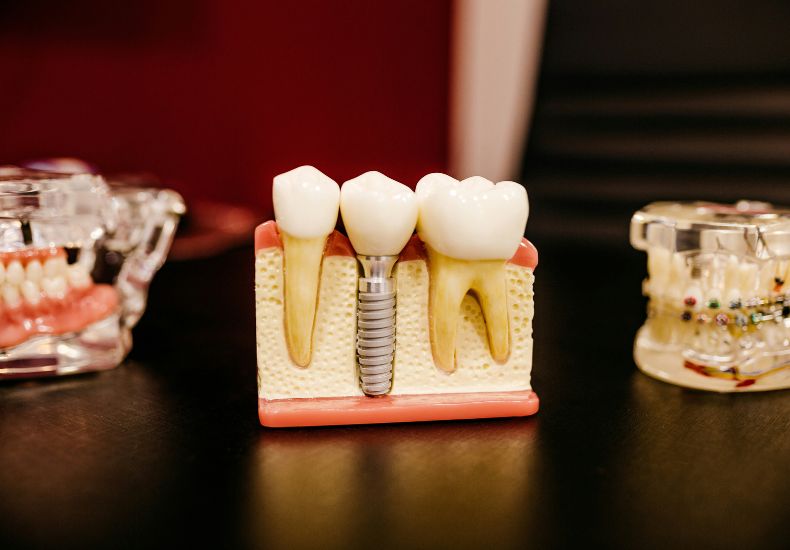
Why experts now say not to remove your wisdom teeth
The wisdom teeth argument has changed. Experts now say not to remove your wisdom teeth. Many wonder why this is. Recent research and clinical observations call into question age-old conventions. Nowadays, dentists and scientists preferably adopt a more conservative attitude. Routine removal is something they would not recommend. Rather, they stress personal attention and observation.
Wisdom Teeth Extraction from a historical view
Throughout history, dentists would surgically extract wisdom teeth. Extraction served as a preventative action. Preliminary research connected wisdom teeth to tooth decay and crowding. Still, the data was not always strong. Many dental offices adhered to regular guidelines. Even for sound teeth, removal used to be routine in the past.
The change in specialist views
Many experts nowadays warn against hasty decisions. They invite one to ask why professionals currently advise not taking out your wisdom teeth. Wherever feasible, research now recommends retaining natural teeth. They think regular removal might produce unrequisite damage. Furthermore, fresh data shows that some wisdom teeth have significant uses.
Several elements are now taken into account by dentists who recommend extraction. They look at overall health, jaw structure, and tooth alignment. Furthermore considered are age of patient, dental history. Such a custom approach usually results in changed advice from what used to be usual. Many experts therefore advise against removing one’s wisdom teeth before adequate assessment.
Science research and latest studies
Current studies change approach to dentistry. Further research show many wisdom teeth to be healthy. Studies show that as many as 65% of wisdom teeth never become symptomatic. Routine extractions, they further note, have hazards. Patients can suffer from nerve damage or infections.
Advantages of keeping wisdom teeth
Keeping wisdom teeth helps oral performance. These teeth sometimes help to keep the jaw stable. They can support neighboring teeth. They serve as a fallback in some instances depending on tooth loss. Moreover, maintaining natural teeth agrees with present dental approaches.
Dentists now stress a “do no harm” approach. They emphasize treatments meant to save healthy tissue. Furthermore reducing the chance of problems is the maintenance of wisdom teeth. Patients likewise steer clear of long recovery periods. On the whole, preserving wisdom teeth could be supportive of superior dental health.
Risks from unnecessary removal of data
Removals come with some risks. Surgery could come with problems for patients. Common hazards are infection, extended pain, and inflammation. Moreover, nerve insult can cause numbness or changed sensation. Daily living can be influenced by these results. Recovery could also interfere with daily and social things.
Examination of the jaw also shows that removal might compromise it. They contend that unneeded surgery could cause bone loss. One also has to factor in the monetary cost of recuperation and surgery. Therefore, many experts nowadays advise not to have your wisdom teeth removed if there are no obvious advantages.
Alternative Strategies: Monitoring and Conservation
Modern dental treatment emphasizes dynamic observation. Modern dentists apply imaging procedures and routine checkups. They keep records of any shifts in dental condition or position. Patients also receive advice on good oral hygiene. This forward approach assists in sidestepping problems without surgery.
Many times, dentists follow a “wait and see” approach. If issues come up, they will intercede. This method protects natural tooth architecture and reduces hazards. Furthermore, it shows a more general change in the direction of customized medicine. Professionals can enhance patient results by customizing treatment.
Expert Opinions And Case Studies.
Many authorities now support a conservative approach. Respected oral surgeon Dr. Lisa Marino recently said that “not all wisdom teeth need to be removed.” She cited research indicating that unneeded extraction might do more harm than good. Moreover, let’s Andrew Keller favors diligent observation over ordinary surgery.
In Conclusion, as experts say, you don’t need to remove your wisdom teeth. Case studies support these judgments. A recent research followed patients having wisdom teeth that were asymptomatic, for instance. Most people were found to stay free of issues. Furthermore, problems arose only when the teeth grew in. These results lend weight to the momentum of conservation. Dental clinics are consequently changing in response to this fresh proof.
FAQs
Q1: why experts now say not to remove your wisdom teeth? Some wisdom teeth are healthy, and experts think unnecessary extraction could result in problems. They’d rather be under close observation.
Q2: What are the dangers of needlessly extracting wisdom teeth?
Unnecessary extractions can cause nerve damage, infection, and prolonged recovery. The advantages of this trade off are often small.
Q3: What methods do current dentists have of handling wisdom teeth?
Regular assessments and imaging are advised by presentday dentists. They only act when circumstances arise.
Q4: Do keeping wisdom teeth have any advantages?
Retained wisdom teeth can help with jaw function and structure. They could also offer a backup in case of further tooth loss.
Q5: Which ones depend on the necessity for extraction?
Pain or infection, impact on surrounding teeth, and tooth alignment are some factors. Dentists look over general oral condition.
Q6: Are my wisdom teeth assessments too often?
Usually done every year or every other year, normal evaluations help. This helps early discovery of all problems.
Leave a Reply